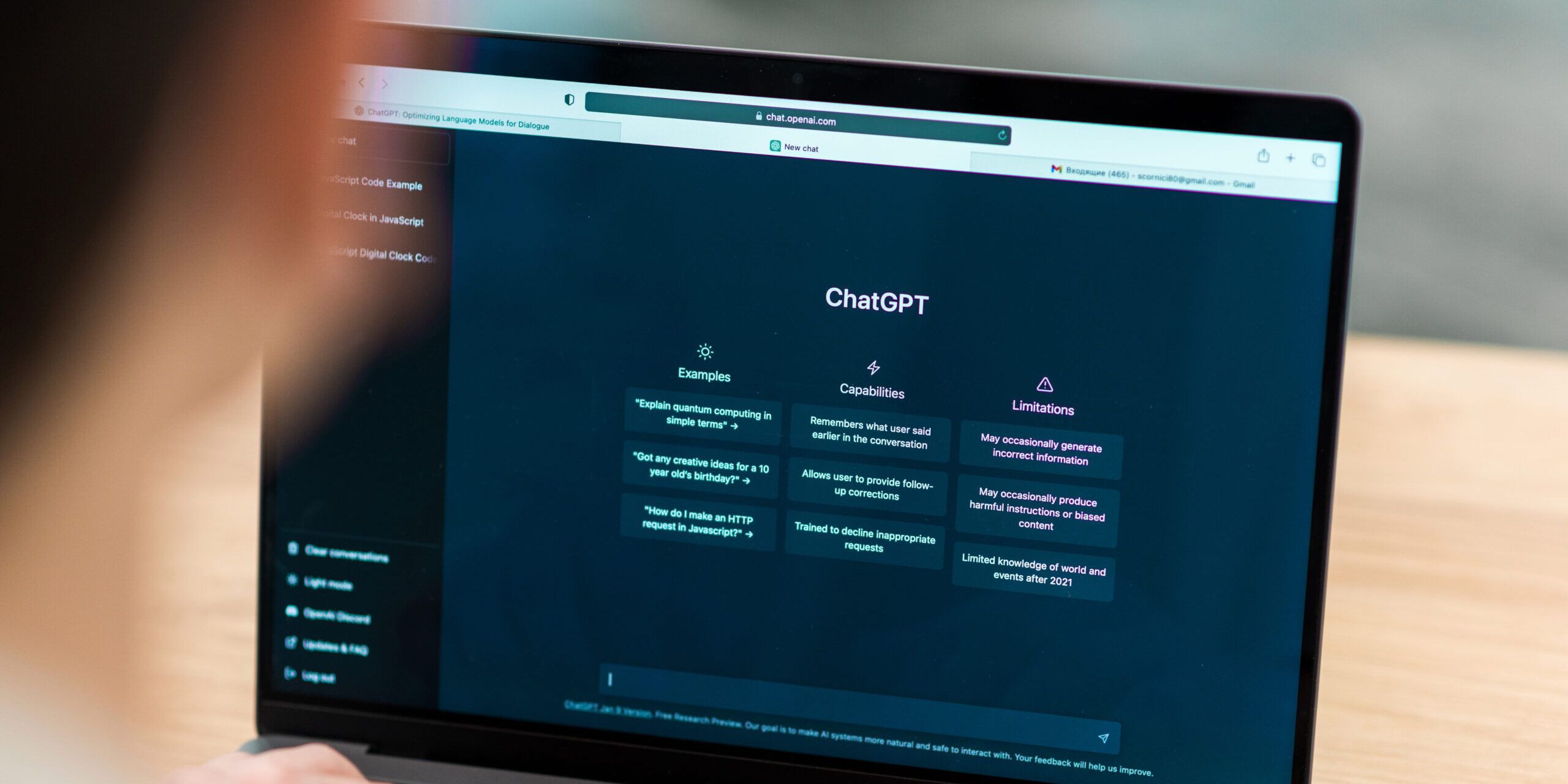ChatGPT-like AIs are coming to major science search engines
Conversational AI-powered chatbots, that have come to Internet search engines, are slowly making its way to scientific search, too.
The Scopus, Dimensions and Web of Science are some of the larger databases that are kickstarting their AI search bots.
These bots help researchers quickly get summaries of research topics they’re unfamiliar with.
Users can ask questions to the bot for it to return a fluent summary paragraph about a research topic, together with cited references and further questions to explore.
One concern about using AI large language model (LLM) for scientific search is that their output can contain factual errors and they can make up non-existent references.
Elsevier has limited its AI product to searching for articles published since 2018, in hopes of minimising mistakes. Its bot is instructed to cite the returned abstracts appropriately in its reply, to avoid answering unsafe or malicious queries, and to state if there’s no relevant information in the abstracts it receives.
These bots are currently in their beta phases but are in hopes to be released more widely by the end of the year.


